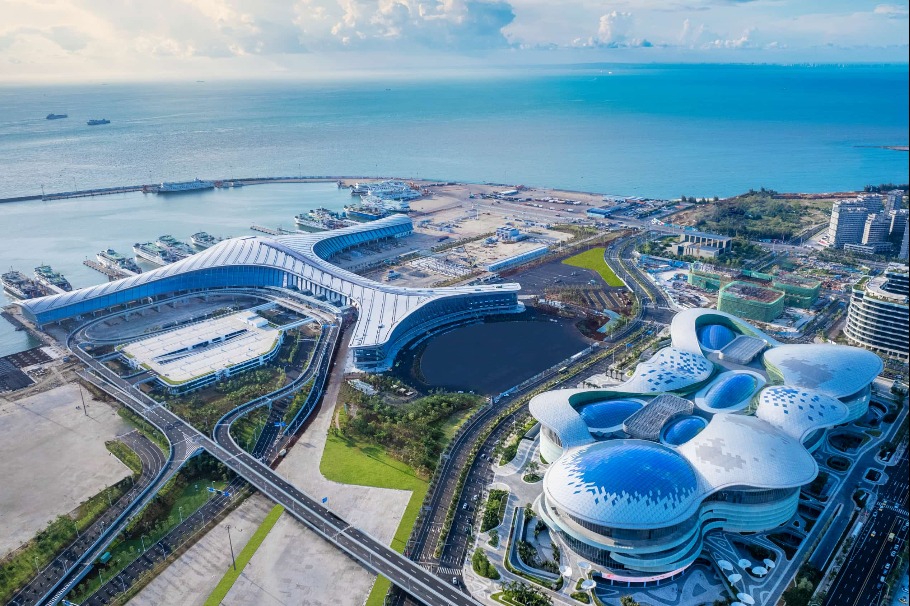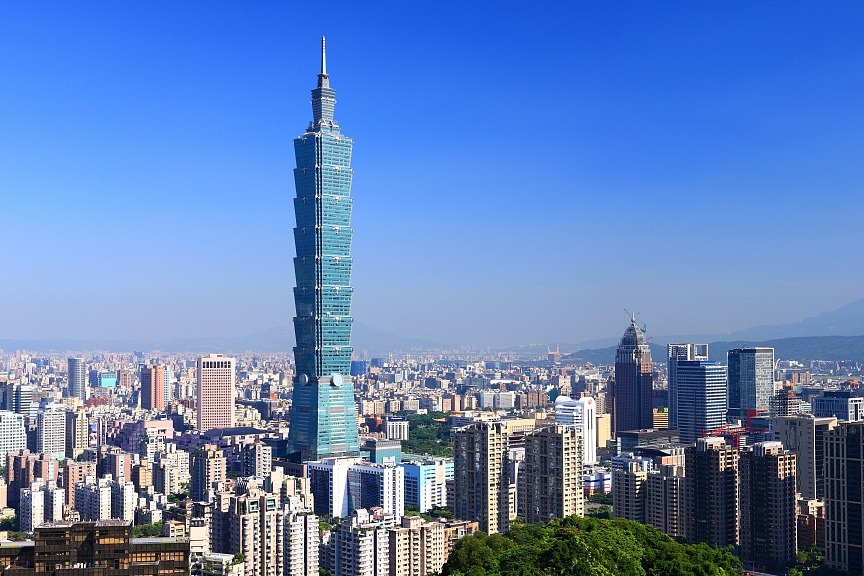For practical purposes
The Global Governance Initiative provides crucial support to help the UN function effectively


Editor's note: The world has undergone many changes and shocks in recent years. Enhanced dialogue between scholars from China and overseas is needed to build mutual understanding on many problems the world faces. For this purpose, the China Watch Institute of China Daily and the National Institute for Global Strategy, Chinese Academy of Social Sciences, jointly present this special column: The Global Strategic Dialogue, in which experts from China and abroad will offer insightful views, analysis and fresh perspectives on long-term strategic issues of global importance.
The Global Governance Initiative, launched by China, aims to ensure that key principles of the United Nations are put into practice in order to better represent the international community that the UN is intended to support.
Such a community is not limited to the voice of G7 or G20 countries, but includes all 193 recognized UN members. And while it's clear that not all countries carry the same weight or have the same influence, it is worth considering three ideas that could make the UN more just and efficient.
First, as identified by the Global Governance Initiative, the collective rise of emerging markets and developing countries requires enhancing the representation of the Global South and resolving historical injustices voiced in various forums by over 100 countries for many decades. The international order has shown dramatic signs of fragmentation. This has left a global rift of trust that still resonates, not to mention the well-known huge human and material costs.
Second, the purposes and principles of the UN Charter have not been effectively observed. Resolutions of the Security Council have been challenged. Unilateral sanctions, among other practices, have violated international law and disrupted the international order. Something must be done.
Considering how to interact with the conceptual proposals that China is putting forward is of great importance to the global community, and to the European Union in particular, which this year celebrates 50 years of bilateral relations with China.
Third, the Global Governance Initiative clearly voices the need for greater effectiveness. Issues such as denial of climate change and the key role of vaccines as a core component to bolster life and global health are becoming not only more salient — it is imperative they are addressed.
The Global Governance Initiative's five core concepts, namely staying committed to sovereign equality, the international rule of law, multilateralism, the people-centered approach and real results, are not empty words. China, accustomed as it is planning in medium- and long-term cycles, making adjustments along the way, will have comprehensive tool kits, no doubt about it.
In the long run, more direct synergies could and should be explored with the Forum on China-Africa Cooperation and certainly with the China-CELAC (the Community of Latin American and Caribbean States) Forum.
And the EU must provide a vision and strategies, exploring synergies where appropriate. In Southern Europe, we think both locally and globally, and we have significant potential to work more closely with the principles of the Global Governance Initiative, which are aligned with the principles of the UN.
The international community might still be in disarray because some Western countries' declining engagement in global governance is creating a significant global governance deficit. However, the collective rise of the Global South, particularly China's consistent contributions of solutions and wisdom to global governance, is helping promote a fairer global order.
There are many examples of how China's 14th Five-Year Plan (2021-25) has contributed to global governance and the promotion of multilateralism, as well as advancing shared development in the Global South. This is epitomized by the country's ability to share achievements and results on an unprecedented scale and speed, as demonstrated by the implementation of the Belt and Road Initiative. In his work Connectography: Mapping the Future of Global Civilization, analyst Parag Khanna, who has meticulously researched the issue, identifies China as being the "global symbiotic partner".
The most significant example of planetary interconnection stemming from the BRI and guided by the 14th Five-Year Plan is the Chancay Multipurpose Port Terminal in Peru, which was inaugurated in 2024.
Chancay Port has almost halved the shipping time from Peru to China from around 40 to 23 days, and cut logistics costs by at least 20 percent. Since additional investments from Chinese and South American investors will connect Peru with the ports of neighboring Pacific countries and bypass the Andes mountain range and the Amazon jungle, maritime transport between Latin America and China will be more efficient, having a positive impact on the lives of people in all the countries concerned. It will enhance regionalism in the Southern Hemisphere.
China not only injects Chinese wisdom into global governance, but also plays a key role in addressing climate change. In his speech at the UN Climate Summit 2025, President Xi Jinping announced China's new Nationally Determined Contributions: "China will, by 2035, reduce economy-wide net greenhouse gas emissions by 7 percent to 10 percent from peak levels, striving to do better ..."
The announcement can be described as historic and as part of a long journey. China's pledge delivers a strong message: the green and low-carbon transformation is a climate necessity. This will also bring about opportunities for sustainable economic growth.
In short, when times are uncertain, it makes full sense to revive the hope that our predecessors had in 1945 when the UN was founded. It's time to make the idea of a fairer, more responsible and more effective UN look great again.

The author is the director of the Dialogue with China project and a former global expert at the United Nations Alliance of Civilizations. The author contributed this article to China Watch, a think tank powered by China Daily.
The views do not necessarily reflect those of China Daily.
Contact the editor at editor@chinawatch.cn.



































